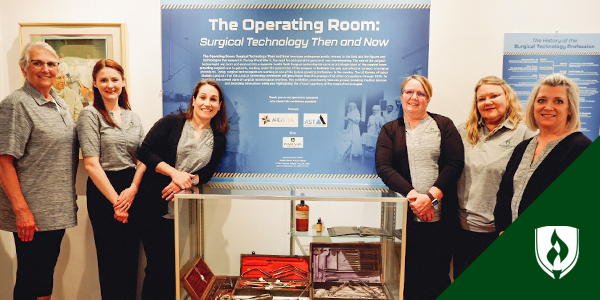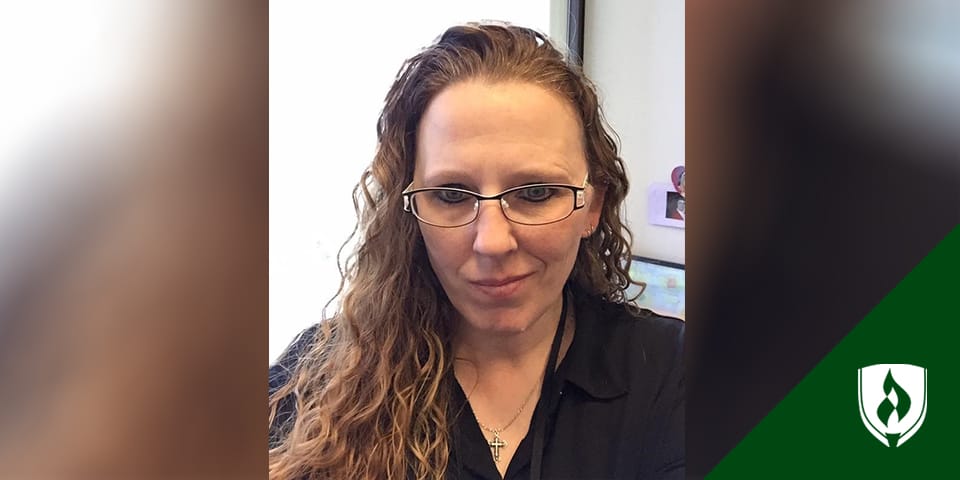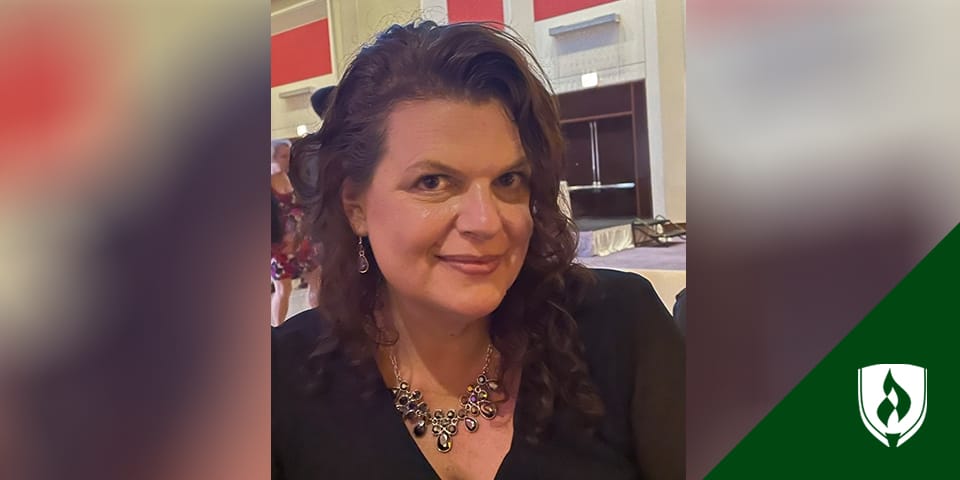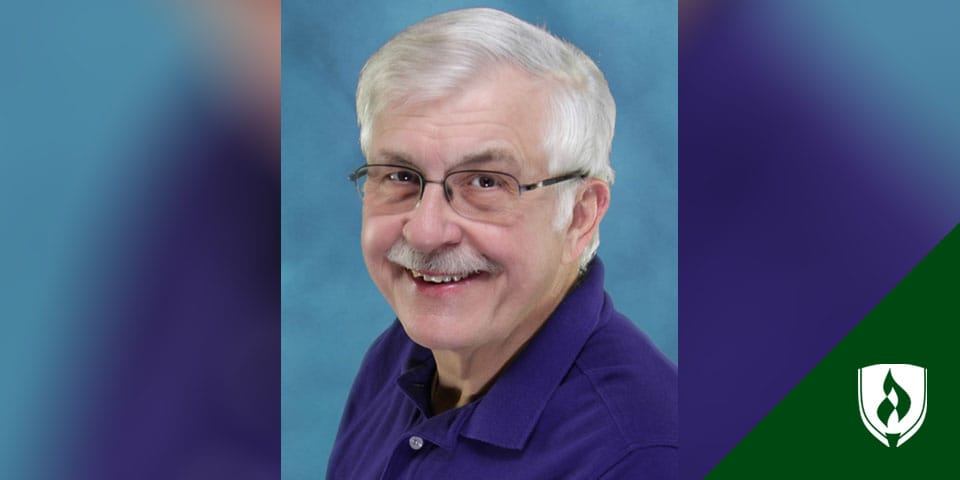Rasmussen College Career Services Professional Earns Master’s Degree at Rasmussen
By Kirsten Slyter on 10/01/2020
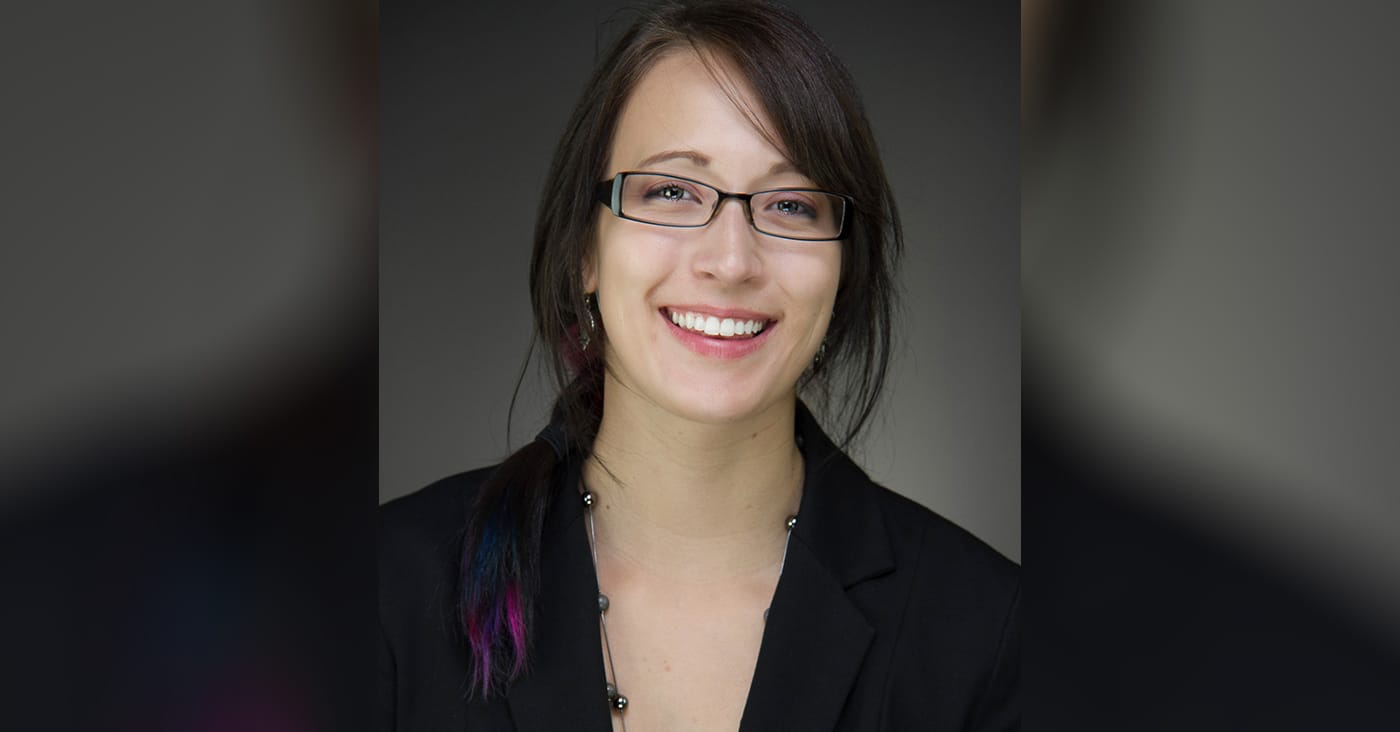
After earning her bachelor’s degree in family social sciences, Alicia Dorsey wasn’t quite sure what to do next. Though she loved the idea of using her interpersonal and organization skills to support people through transitions in their lives, she wasn’t sure the additional education and training to become a therapist was the right path for her, and she wanted to explore other options. So Dorsey graduated and entered the working world.
Shortly after graduation, in what Dorsey calls a “happy accident,” she attended a Minnesota Association of Colleges and Employers (MN ACE) networking event in effort to make connections for a product her current employer was creating. There, she became intrigued by the careers services field. She could clearly see how her passion for supporting others would be an asset in a career services job. After getting coffee with a career services professional she met at the event, she decided to start job searching.
Career services isn’t necessarily an easy field to find a position in. Dorsey found a job posting for a career services advisor at Rasmussen College. Though she didn’t necessarily meet all of the posted requirements, like a master’s degree, she went for it. “I decided to submit my application anyway, hoped for the best, and was lucky enough to land an interview,” she says.
Dorsey was nervous for the interview. She had just bought some new work wear and was intimidated walking into the large office complex. Her interview went well, but she didn’t end up in the career services advisor position. Instead, her now supervisor hired Dorsey to fill a newly created coordinator role for the department.
Since 2013, Dorsey and her supervisor have collaborated to leverage Dorsey’s skills and support the department well. As a now Senior Career Services Coordinator, she helps connect Rasmussen College students and graduates with career services advisors. Day-to-day this involves a good amount of reporting, organizing, and data-keeping which works well with her meticulous and structure-loving personality. “It’s a good combination of what I’m good at and what I’m interested in.”
After starting at Rasmussen College, Dorsey hadn’t been able to pinpoint exactly what she wanted to pursue for a master’s degree. “I wanted my master’s degree to be concrete and help advance my professional career.” At that point, though she had looked into a few options, nothing had jumped out.
But when Rasmussen launched the Master of Human Resources Management program, Dorsey was intrigued. She liked the versatility of it. Not only could she use it in a human resources department, it could prove useful in her current position. Dorsey enrolled in the Nemitz Scholarship program, an opportunity for Rasmussen employees and their families, and got started in the Master of Human Resources Management program shortly after its launch.
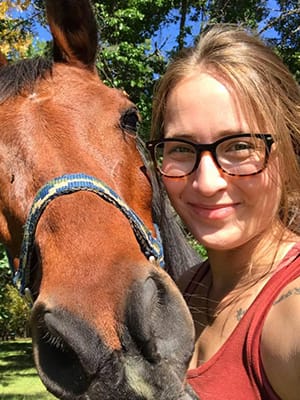
Dorsey was mindful about separating and balancing her full-time work and courses by mostly doing schoolwork after dinner on weekdays and keeping long study sessions for the weekends. “Keeping work and school separate both mentally and logistically was really helpful. That would have been impossible without the competency-based education (CBE) platform.”
In Rasmussen College CBE courses, students just need to have all of the classes’ 7 modules done by the end of the 11-week term. This means students can work at their own pace.
Dorsey would map out her study schedule in a way that worked for her and tried her best to keep to that. “The fact that I could complete my work at my own pace and manage my time as I had it with no rigid deadlines was incredibly helpful.”
This flexibility also came in handy when Dorsey and her boyfriend bought and renovated a house. She appreciated that when she had to take a few days or a week off, she could, as long as she logged her attendance every two weeks. The flexibility of the CBE course made it possible for Dorsey to take time when dealing with big life events where she might have otherwise needed to take a break in a more traditional program.
For the most part, Dorsey made a point to stick to the study schedule she had made for herself. When things got hard she would tell herself that consistency now would make things easier for her future self and keep her from needing to scramble at the end of the quarter. The self-discipline and encouragement of her boyfriend made the studying easier. They would celebrate each 4.0 term that she completed with a big dinner out or takeout (usually Italian food).
Dorsey officially completed her Master of Human Resources Management in September 2020. Now, she’s excited to share what she’s learned with her team at work—from conflict management to how to handle change. At work, her degree has enabled her to see the big picture from a human resources perspective. “It helps me connect more dots and see how what I’m doing everyday helps the college succeed.” It also gives her insight into conversations with coworkers and helps her stay grounded as the college makes changes to stay on the cutting edge of education. She also feels that after completing her master’s, she’s better able to manage her work, focus on a deeper level and connect with her team in new ways.
Dorsey is also excited about the comprehensive learner record that Rasmussen has developed to help graduates clearly communicate what they’ve learned to future employers. Instead of a transcript, the comprehensive learner records lists the core competencies of each course and your performance for each. This helps employers better understand what skills graduates have gained in industry terms they understand better than class titles. “It’s a cool thing I can show for my degree in a way that’s easy for employers to understand,” says Dorsey.
While Dorsey is excited to have something tangible to show, she’s most proud of how she’s grown while earning her Master’s degree. “I proved to myself I could manage a full time job and a graduate-level program, which was an intimidating challenge at first. I learned that with proactivity, perseverance and mindfulness, I can achieve even more than I first thought I could.”

